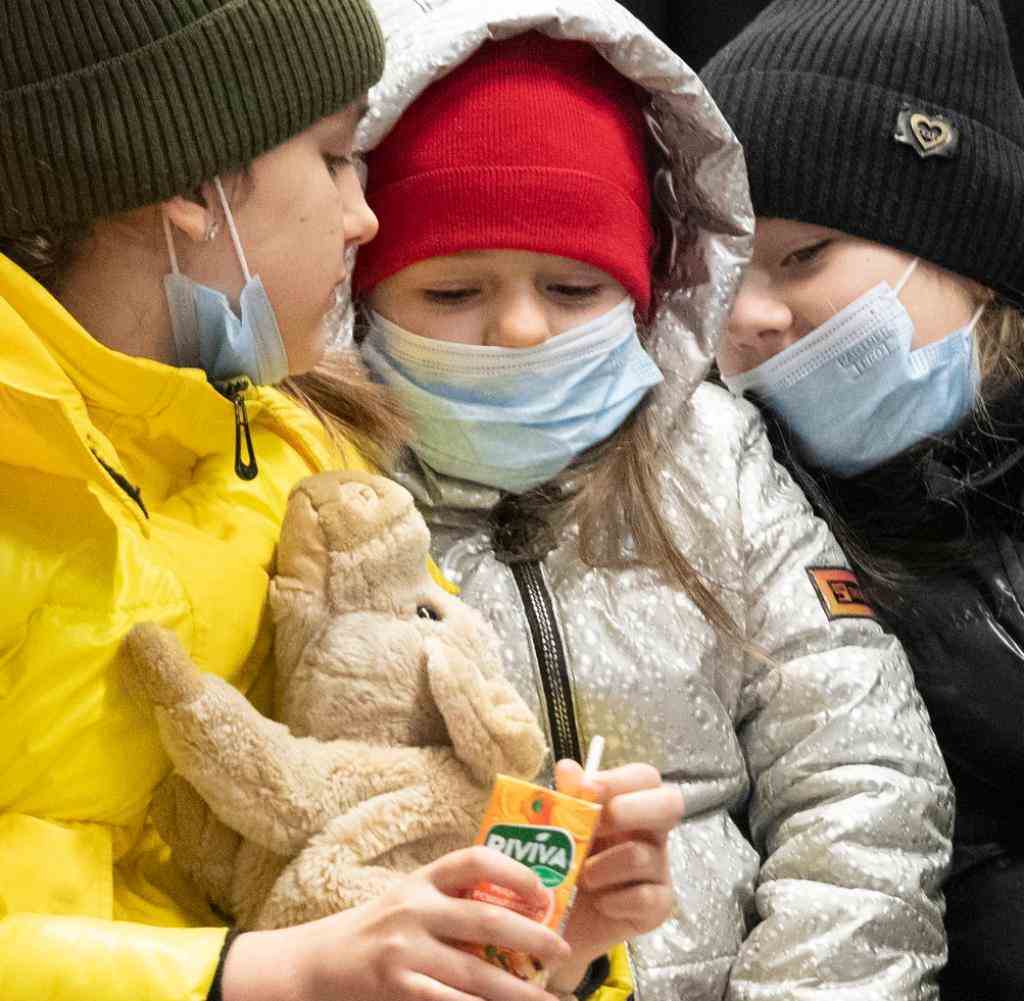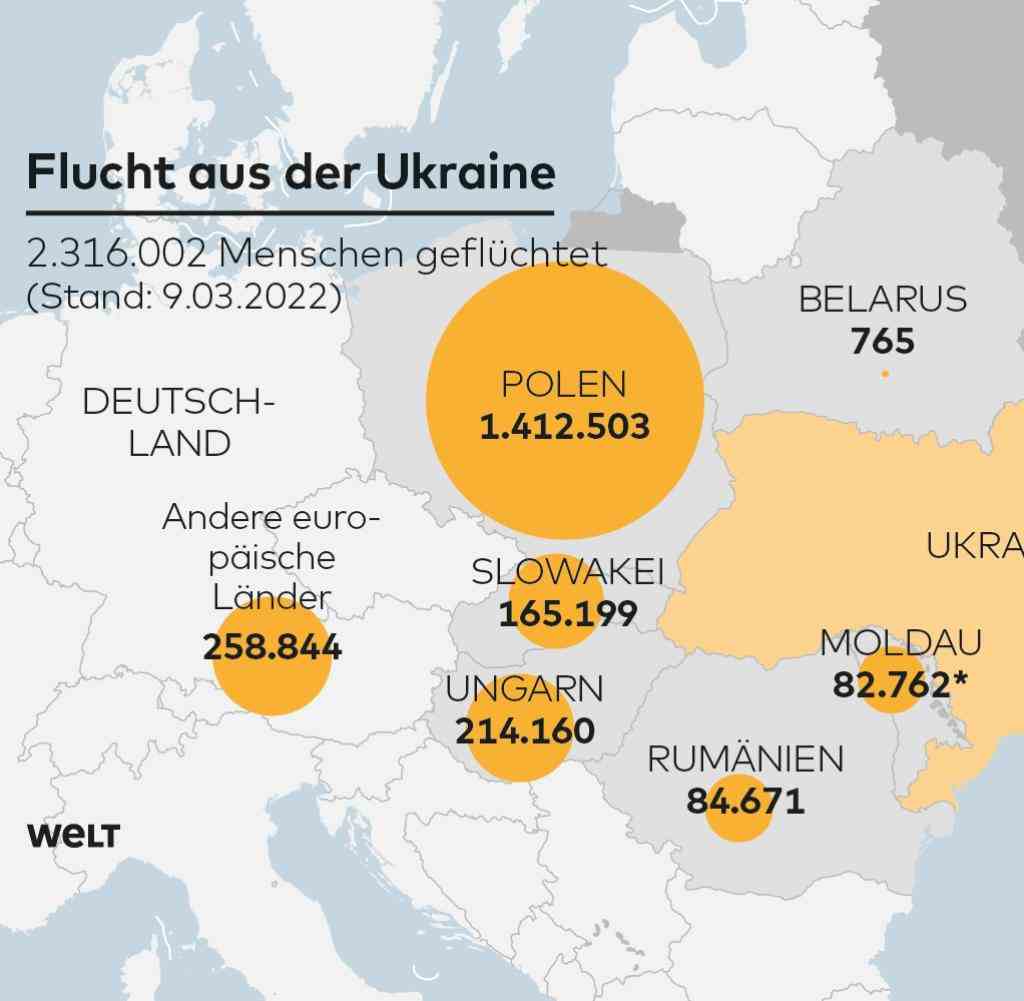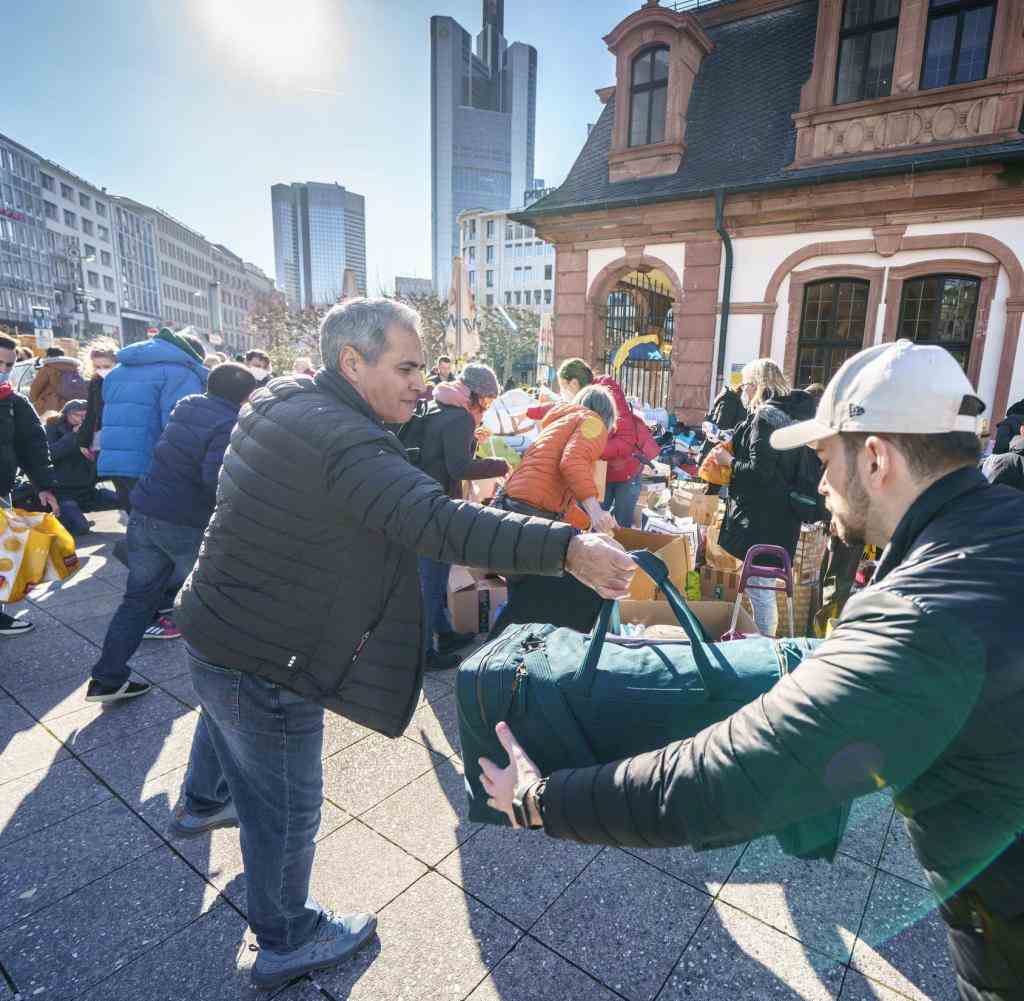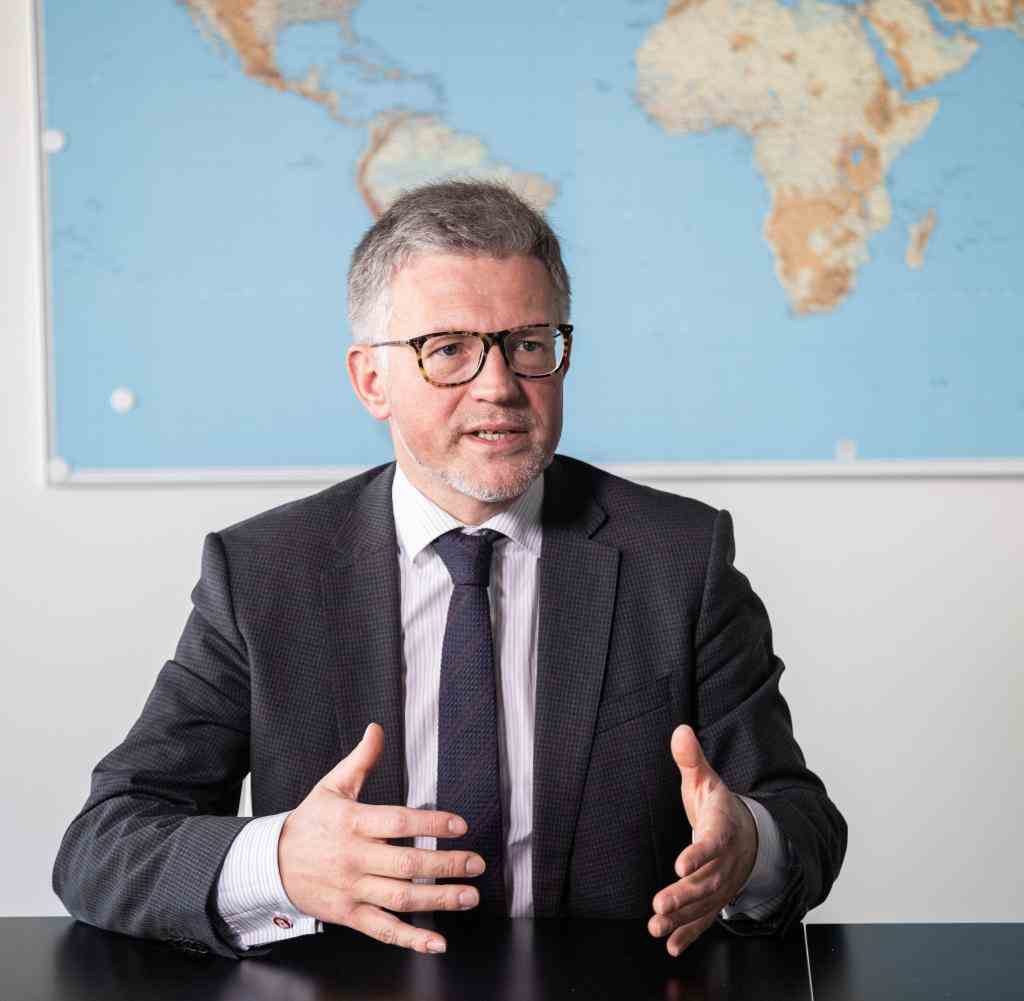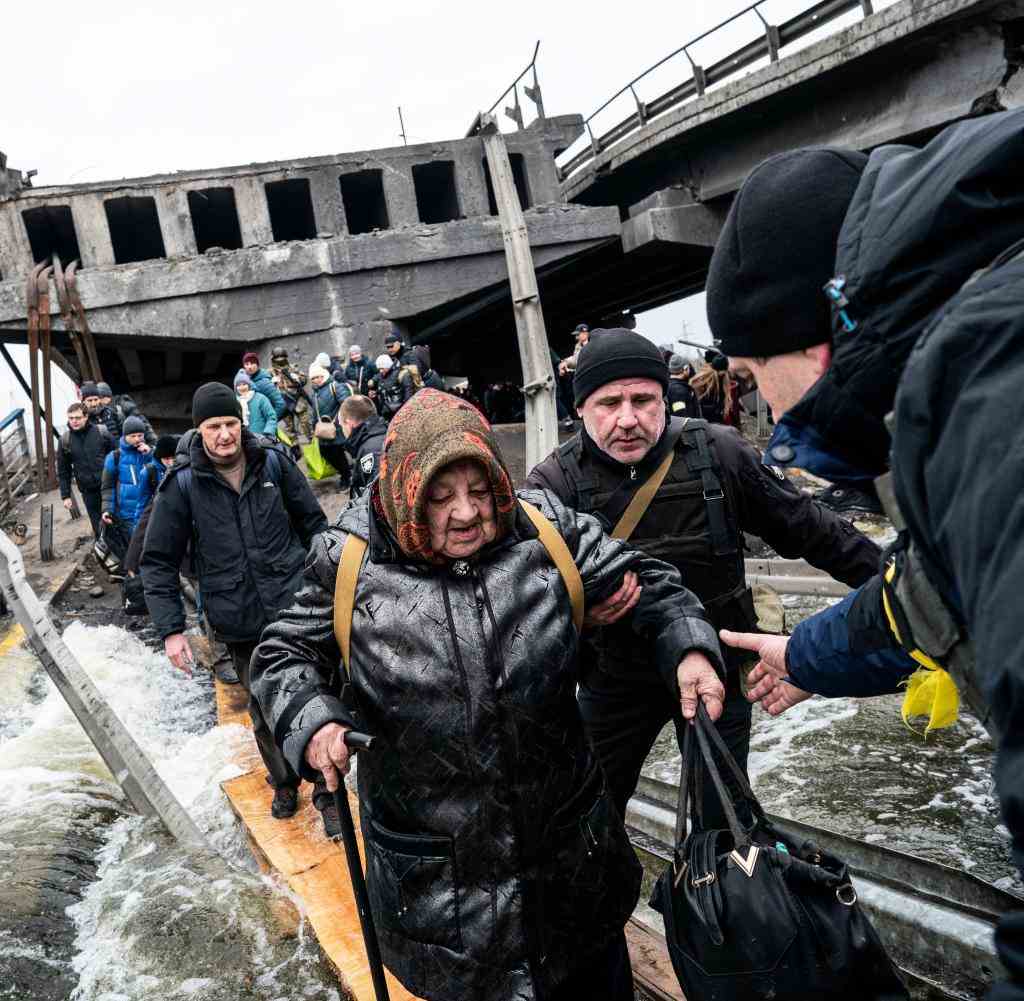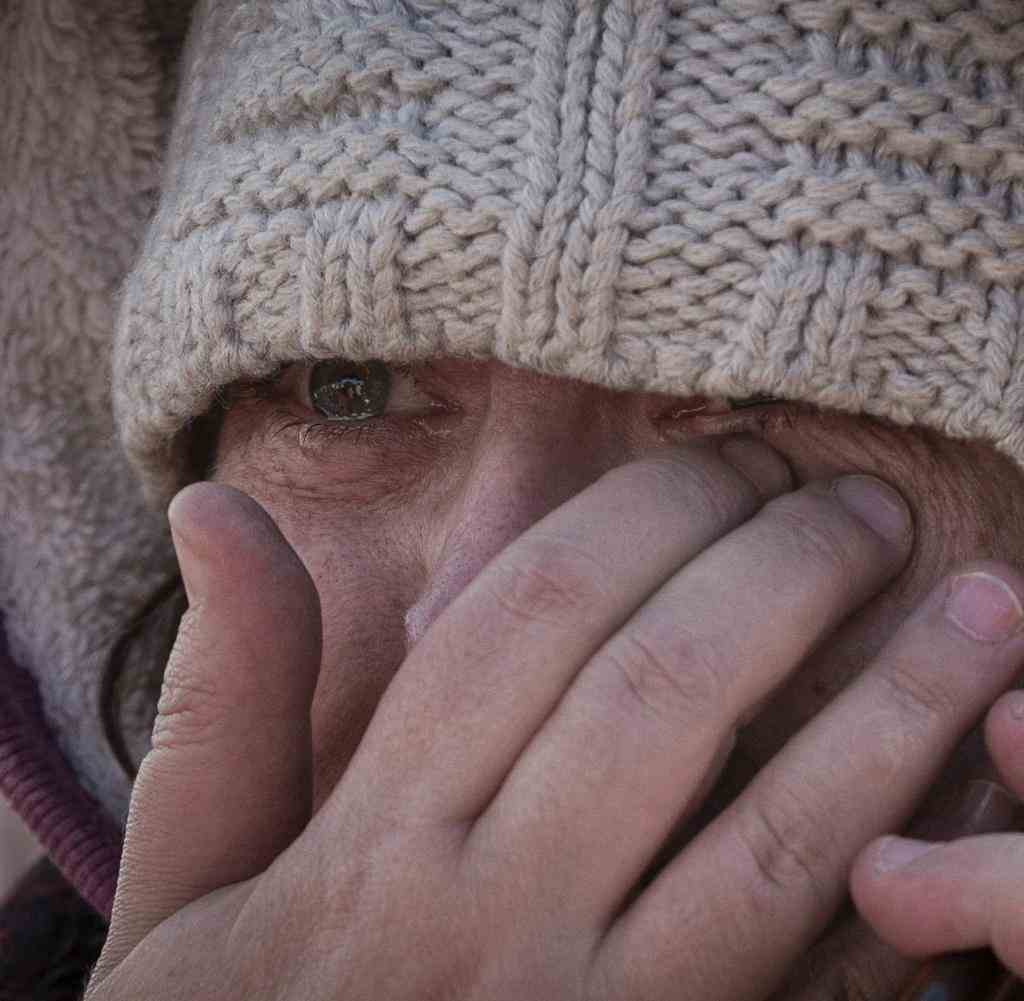WORLD: Mr. Sager, refugees from the Ukraine arrive in Germany every day. What condition are people in?
Reinhard Sager: They are tired, frustrated, many are in shock. They can’t believe an attack of such force would be possible. That Russia’s President Vladimir Putin is actually waging war against democracy, freedom and humanity in Europe. It is mainly women and children who come to us. Among them are many children and young people without their parents, who want to bring the boys and girls to safety here with us.
The District Administrator in the district of Ostholstein, Reinhard Sager, has been President of the German District Association since 2014
Source: District of Ostholstein
WORLD: According to your estimates, how many refugees are already in Germany?
Sayer: About 80,000. But as I say it, the number is probably much higher. It increases significantly every day. It is currently not foreseeable how big the task ahead of us will be. The focus is currently on accommodation and the provision of places in kindergartens and schools. Access to the integration courses as early as possible must also be organised.
WORLD: The districts have just discussed how to deal with the high number of refugees. What is the result?
Sayer: We have, once again, an emergency. Now help has to be provided quickly, the people first need accommodation and food, the rest will come after that. In order for this to work, the federal, state and local governments must work closely together. We do that, but we have to coordinate particularly well in this situation. The federal government should take matters into its own hands and invite us. It is currently not foreseeable that the current crisis will end after a few weeks.
Source: WELT/Isabell Bischoff infographic
WORLD: Does initial admission and registration work?
Sayer: At the moment it is still working surprisingly well, the willingness to help in the country is huge. But the numbers of arrivals are still manageable. It is clear that not all Ukrainians who come to us have already been registered and that some will not do so at all because they are staying with friends or family. So we don’t have an exact picture of how many refugees are in the country.
WORLD: Are there enough accommodation options?
Sayer: For the time being yes, the districts can, among other things, fall back on accommodation from the housing associations, and helpful families are also temporarily taking in people. This is not only impressive, but also relieves the state, which has to organize first aid in a very short time. But that won’t last long.
If the number of refugees swells in a few weeks and the war drives more and more people out of the country, things could become problematic. Then we have to turn gymnasiums into accommodation, resort to Bundeswehr properties or residential containers as an interim solution.
The support of the Federal Agency for Real Estate Tasks has also been announced to let the municipalities rent-free federal real estate. Our goal is to get ahead of the situation.
WORLD: How is the support of the refugees regulated beyond accommodation and food?
Sayer: People are entitled to government help, including financial support. This is based on the Asylum Seekers Benefits Act. The benefits are usually granted by the social welfare office of the responsible district or city. A non-bureaucratic way to do this was found at EU level last week.
WORLD: Can the districts currently shoulder the costs?
Sayer: Who pays what and how much is currently of secondary importance. Now it’s about helping. But I assume that we can manage this together with the federal and state governments. Financing is regulated differently in the different countries. In Schleswig-Holstein, the federal and state governments shoulder 70 percent, and the municipalities 30 percent.
More than two million people have already fled
According to the UN, around two million war refugees have already left Ukraine. Tens of thousands have arrived in Germany and the willingness to help is huge. But if you want to help, you should consider a few things.
Source: WORLD / Merle Giesel
WORLD: Are day-care centers and schools prepared to accept Ukrainian children?
Sayer: Preparations are currently underway in many places, but of course that wasn’t possible much earlier because nobody expected this attack, the fierce fighting and large flows of refugees. So there are no plans for this in the drawers. Now we have to see where the children can be accommodated and how we can overcome the communication problems, i.e. organize language classes for the children.
WORLD: Can the municipalities manage to meet all these requirements?
Sayer: We can say: The municipalities are tried and tested in crises, and yet we are facing a huge challenge. It is not foreseeable whether this will result in a permanent excessive demand and is also an idle thought. Because it is clear that there is no alternative to simply tackling things now. And I say to the despondent: We finally mastered the wave of refugees in 2015 and 2016.
WORLD: To what extent is the current situation different from migration from Syria or Afghanistan?
Sayer: It is a significant difference that this time people are coming to us fleeing a war in Europe. It’s been a long time since we had that. This affects many. One senses a different, even greater willingness to stand up for these people. Immigration is also much more diffuse than it was then, because there are no main routes that people use to come to us.
WORLD: Has Germany learned from previous refugee crises?
Sayer: In the years 2015 and 2016, when tens of thousands fled to Germany, not only the government agencies did a lot, but also countless dedicated people here with us, the many volunteers. This has not only increased awareness of the need to help people in need, but also created a certain level of expertise in how to do that.
The interaction between federal, state, district and local authorities has also improved. In the two years I mentioned, I went to see Angela Merkel (CDU) at least eight times with other municipal representatives in the Chancellery so that we could coordinate things. The institutions in Germany now know quite well how to take in and care for many people who want to seek safety with us.


